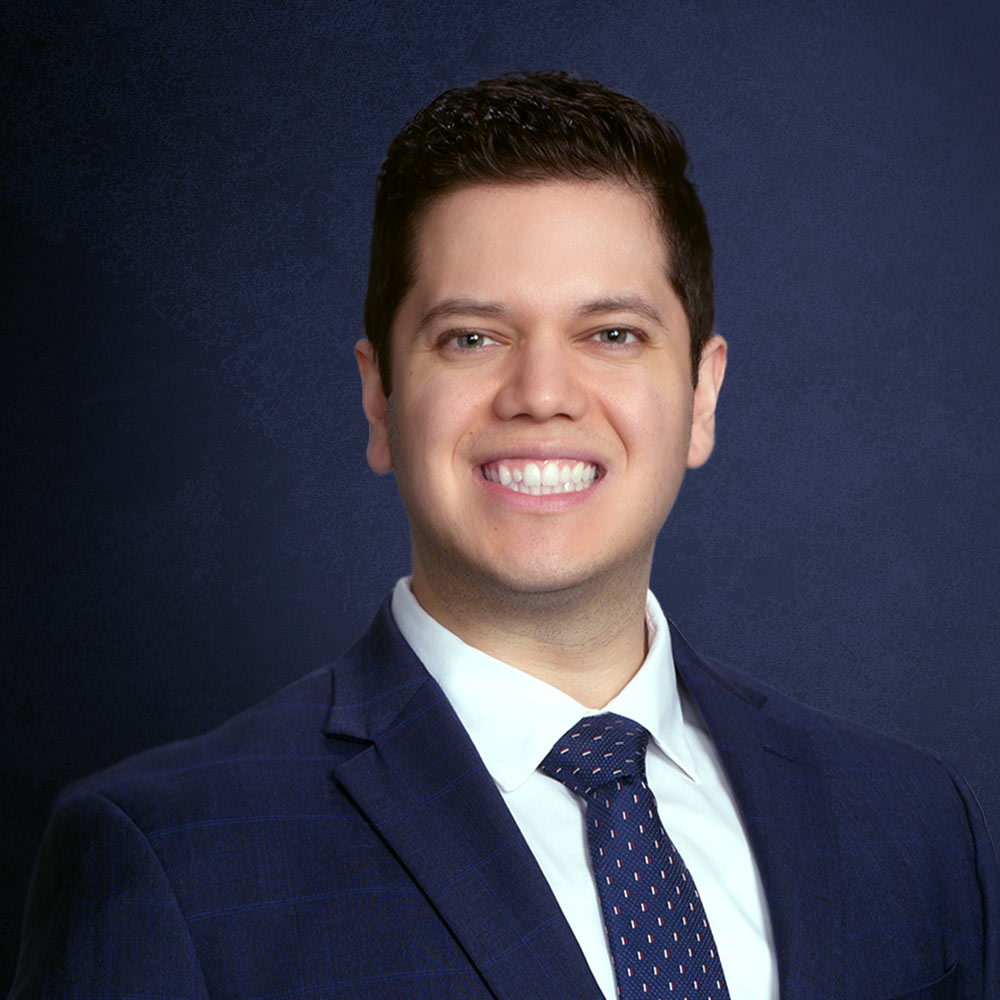No Fees Without Receipts: Seeking Brandt Fees From Insurers Waives Attorney-Client Privilege.
June 26, 2024 | Litigation Articles

The attorney-client privilege is touted as one of the strongest privileges in litigation.
Codified in Evidence Code, section 954, the purpose of the attorney-client privilege is to safeguard the confidential relationship and related communications between clients and their attorneys to promote candid discussions. The privilege is expansive, with even billing entries and attorneys’ invoices falling within the privilege.
But, seasoned litigators know that there are plenty of ways to waive the privilege. Byers v. Superior Court of Contra Costa County (“Byers”) recently held that, when an insured seeks attorneys’ fees as damages caused by their insurer’s breach of the covenant of good faith and fair dealing under Brandt v. Superior Court (“Brandt”), it impliedly waives the privilege as to its attorney fee agreements, invoices, fees statements, billing records, receipts, and proof of payments (“fee documents”).
What Happened?
The Byers sued their insurer, USAA General Indemnity Company (“USAA”) for breach of contract, good faith, and fair dealing relating to home coverage. The complaint requested “attorneys’ fees.” During discovery, USAA asked whether the Byers believed they were entitled to “Brandt fees.” The Byers said yes, they were “entitled to Brandt fees, as an element of damages caused by USAA wrongfully withholding benefits.”
Later, USAA submitted document requests for “each and every fee agreement” with the Byers’ attorneys and “each and every billing record, fee statement, invoice, receipt and proof of payment.” The Byers objected, asserting attorney-client privilege. USAA countered that by seeking “Brandt fees,” the Byers impliedly waived the privilege concerning the fee documents.
After the Byers stood on their objections, USAA brought a motion to compel. The trial court granted the motion. The Byers appealed.
What did the Court of Appeal say?
The Court of Appeal defined what Brandt fees are and the elements that an insured must show to recover Brandt fees. Specifically, insurers are liable for attorneys’ fees when their tortious conduct in refusing to pay insurance benefits requires the insured to retain counsel to obtain policy benefits (i.e., “Brandt fees”). To recover Brandt fees, the insured must plead and prove (1) the amount the insured was entitled to recover under the policy, (2) that the insurer withheld payment(s) unreasonably or without proper cause, (3) the amount that the insured incurred in legal fees in establishing their right to benefits and (4) the reasonableness of the fees incurred.
The Court of Appeal found that the trial court did not abuse its discretion in granting USAA’s motion to compel the fee documents because the Byers impliedly (though perhaps unwittingly) waived their attorney-client privilege concerning the fee documents. In reaching this conclusion, the court highlighted three things.
First, the Byers complaint sought attorneys’ fees. Second, the Byers clarified (in response to an interrogatory) that they sought “Brandt fees, as an element of damages caused by USAA.” Third, the Byers explained that they deserved attorneys’ fees for expenses incurred in attempting to obtain benefits under their policy.
Notably, Brandt itself acknowledges that attorneys’ fees are a recoverable form of damages “where an insurer’s tortious conduct in refusing to pay insurance benefits requires the insured to retain an attorney to obtain the benefits of the policy.”
In citing to examples from other cases, the court concluded that “[w]here privileged information goes to the heart of the claim, fundamental fairness requires [its disclosure].” In other words, because the Byers’ receipts were relevant to how much Brandt fees they could get, the Byers impliedly waived their privilege over the fee documents.
What does Byers mean for businesses?
Byers adds another nick in the armor of the attorney-client privilege. Experienced litigators handling insurance claims in any context should know that the type of damages they claim may impliedly waive the privilege for certain documents. In other words, Byers says no fees without receipts.
Subscribe to our Blogs
Get notified when new posts are published.

